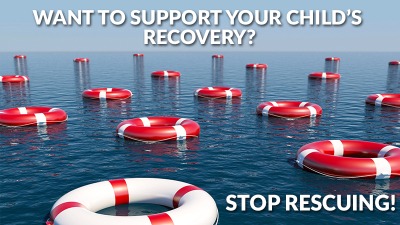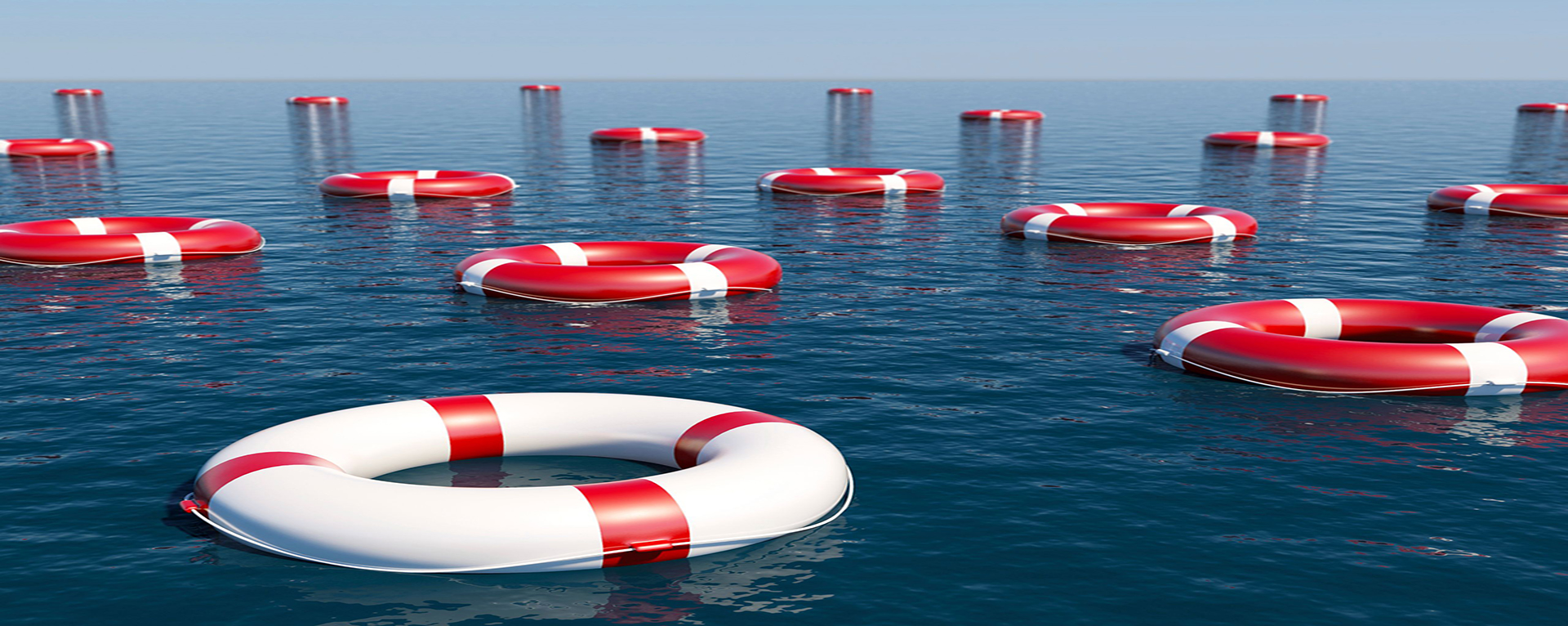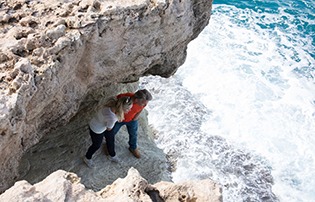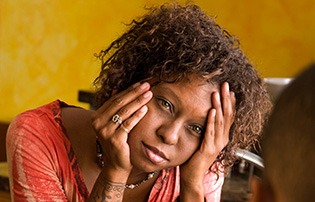
When parents finally “come in off the street” to get help with the serious substance abuse of their addicted child, in many ways we closely resemble our down-and-out addict with our worn, drawn faces, vacant stares, and slumped shoulders. In this early stage, the debilitating effects of our child’s active addiction overwhelm us. Incessant crying or uncontrollable fits of anger and rage telegraph constant fear as we attempt to do battle with their addiction – a most cunning and elusive enemy.
We don’t realize, at first, that we too are under the influence of a powerful drug that can’t be bought in a back alley or stolen from a medicine cabinet. In effect, we have a drug habit and our go-to “drug of choice” is an irrational, yet unshakable belief that as providers and protectors of our at-risk children, we have caused, can control, or must cure their addiction.
Eventually, we come to understand how utterly untrue that belief is and how impossible it would be to deliver on our fervent pledge to rescue them. We discover that the only way out of the chaos is to go “cold turkey”, give up that Rescuer Role, and instead focus on our own recovery. Once in “rehab” to treat chronic use of our Rescuer Role drug, we come to terms with how we may have contributed to our child’s addiction through Enabling. We instead learn to draw new boundaries so we can support their recovery but not their addiction. We begin to redirect our energies towards fortifying our own sense of peace and wellness, irrespective of what’s happening in our addict child’s life…which in turn, helps free them to pursue their path to recovery, less hampered by the guilt and shame of seeing their parents drowning in despair.
In recovery, we essentially do the “emotional forensics” of investigating and eliminating our codependent attitudes and enabling behaviors that lurk like carbon monoxide, undetected, in the contaminated atmosphere that pervades our home life. Over time, our attention and care gradually shift from our child to us – as foreign as that “redirect” initially feels – especially when our addicts are so compromised, vulnerable, and facing dangerous circumstances.
As a couple and parents of a child in longer-term recovery, my husband and I would not have been able to weather this transition to self-care without consistent participation in a Caron parent support group for those with addicted children. These devoted parents welcomed us, understood our pain, and provided a safe environment in which to share our all-too-common traumatic experiences. With their watchful eyes and informed tutelage, our fellow parent “soldiers” helped us detect what we could not see or admit…because they too, had at one time, “come in off the street”, seeking safe harbor from the havoc of home invasion that the disease of addiction wreaks on addicts and their loved ones.
Nancy Clifford, MA is a Personal Growth Coach and Writer who uses Transformative Storytelling to help individuals and family members affected by addiction to strengthen recovery, reclaim gifts, and promote healing and wellness.
Nancy can be reached through LinkedIn.






